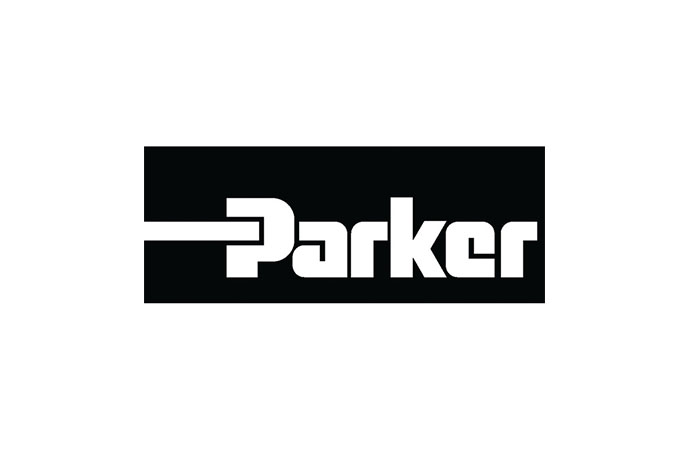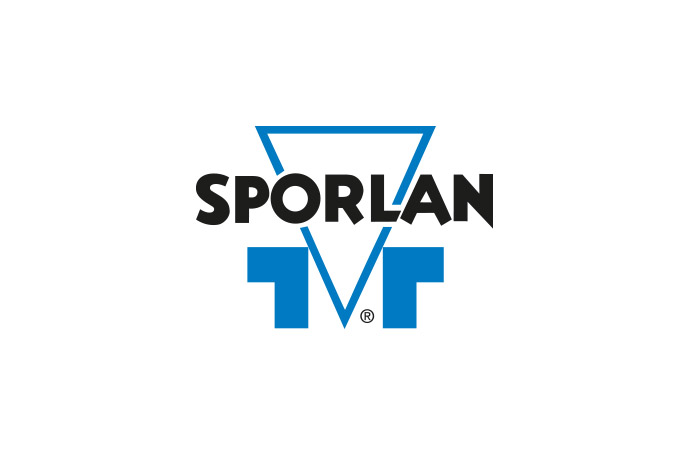The Air-Conditioning, Heating, and Refrigeration Institute (AHRI) will by the end of this year publish a review of the regulatory barriers and issues that may impact the use of low-GWP refrigerants including hydrocarbons.

Through its non-profit research arm, ARTI, the Air-Conditioning, Heating, and Refrigeration Institute (AHRI) has launched a comprehensive study of regulations and standards in the U.S., Europe, and Japan which are relevant to HVACR applications using low-GWP refrigerants, including natural refrigerants. For the purpose ARTI has contracted international consulting firm Navigant Consulting, Inc.
Focus on both natural and newly developed low-GWP refrigerants
The focus of the study will be to identify regulatory barriers and issues that may impact the use of low-GWP refrigerants such as carbon dioxide, ammonia, hydrocarbons, newly developed hydro-fluoro-olefins like HFO-1234yf and other emerging low-GWP refrigerants.
Timeline
The study, which will update and augment similar study conducted in the mid-1990s that assessed how regulations and standards have addressed requirements for use of new refrigerants and evolving safety classifications, is scheduled for completion by the end of 2009. The report will be posted on the AHRI website, once it has been reviewed and approved for publication by the ARTI Steering Committee.
About ARTI
The non-profit research arm of AHRI known as the Air-Conditioning and Refrigeration Technology Institute (ARTI) supports research projects that help manufacturers develop the next generation of HVACR equipment.
Focus on both natural and newly developed low-GWP refrigerants
The focus of the study will be to identify regulatory barriers and issues that may impact the use of low-GWP refrigerants such as carbon dioxide, ammonia, hydrocarbons, newly developed hydro-fluoro-olefins like HFO-1234yf and other emerging low-GWP refrigerants.
Timeline
The study, which will update and augment similar study conducted in the mid-1990s that assessed how regulations and standards have addressed requirements for use of new refrigerants and evolving safety classifications, is scheduled for completion by the end of 2009. The report will be posted on the AHRI website, once it has been reviewed and approved for publication by the ARTI Steering Committee.
About ARTI
The non-profit research arm of AHRI known as the Air-Conditioning and Refrigeration Technology Institute (ARTI) supports research projects that help manufacturers develop the next generation of HVACR equipment.
MORE INFORMATION
Related stories







